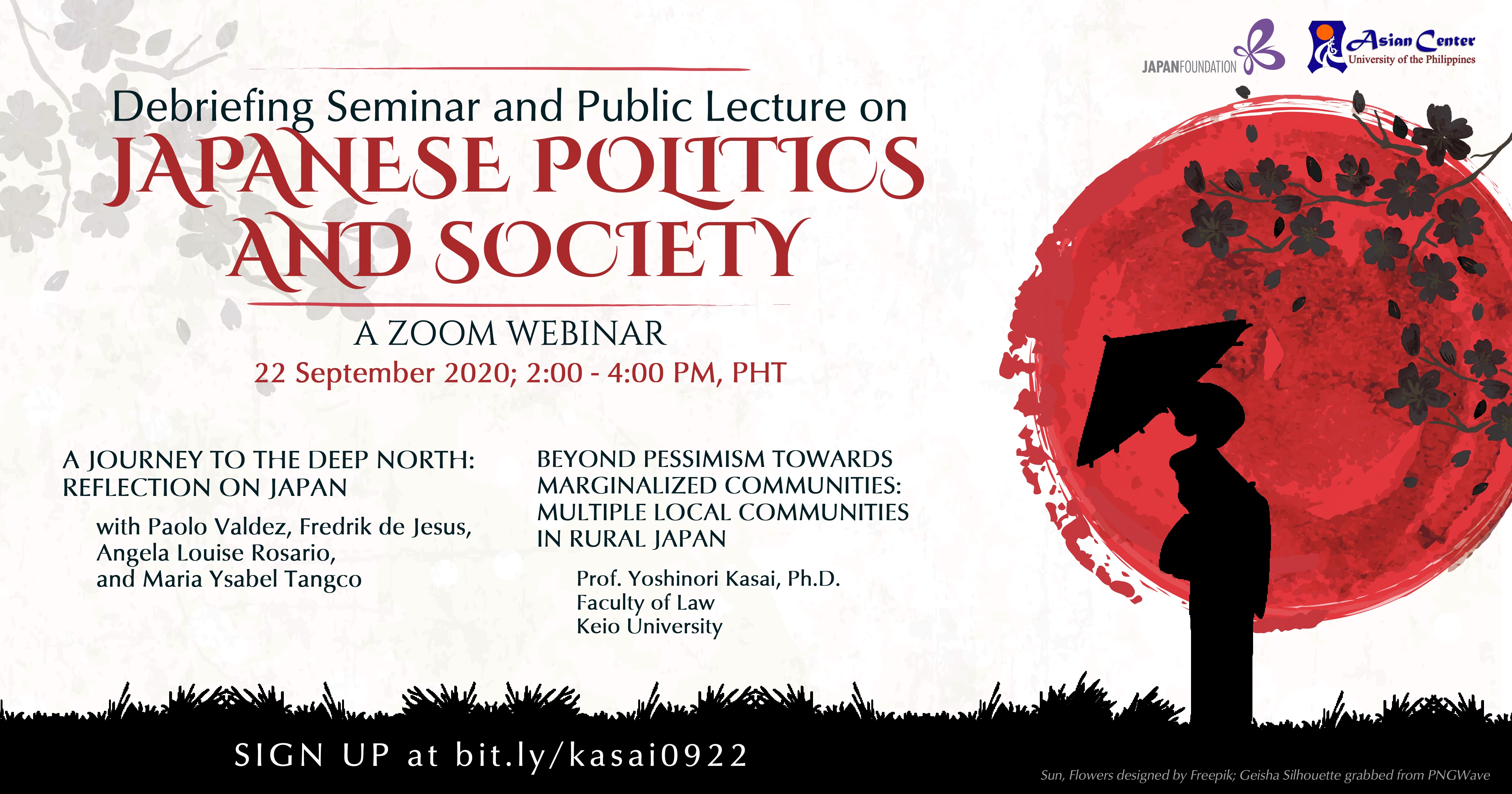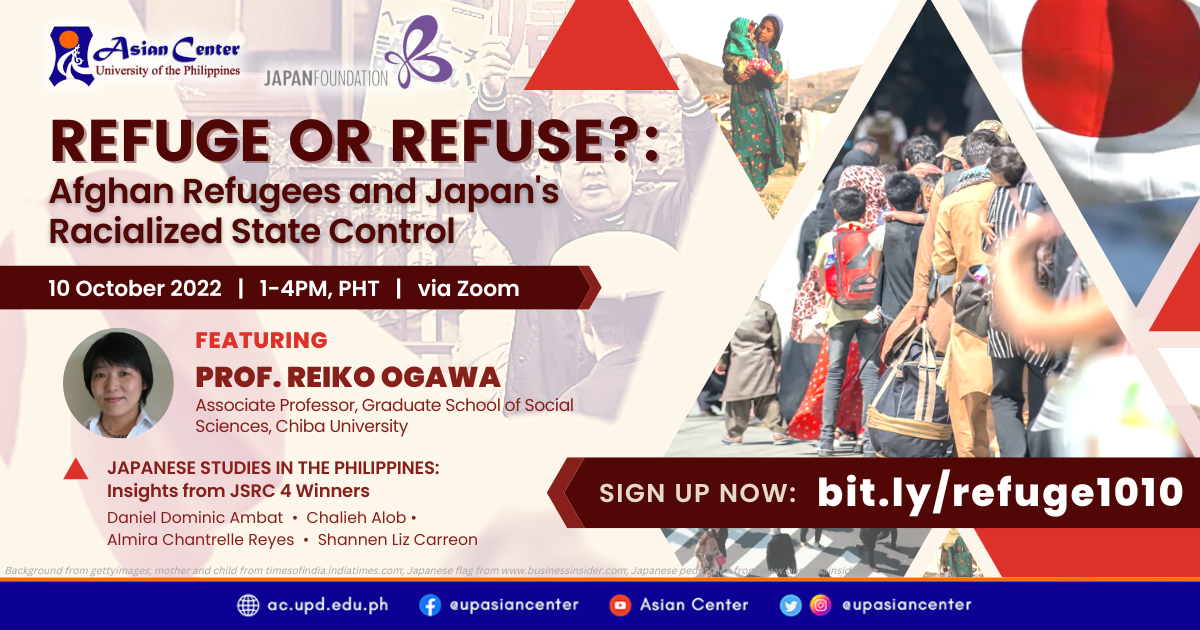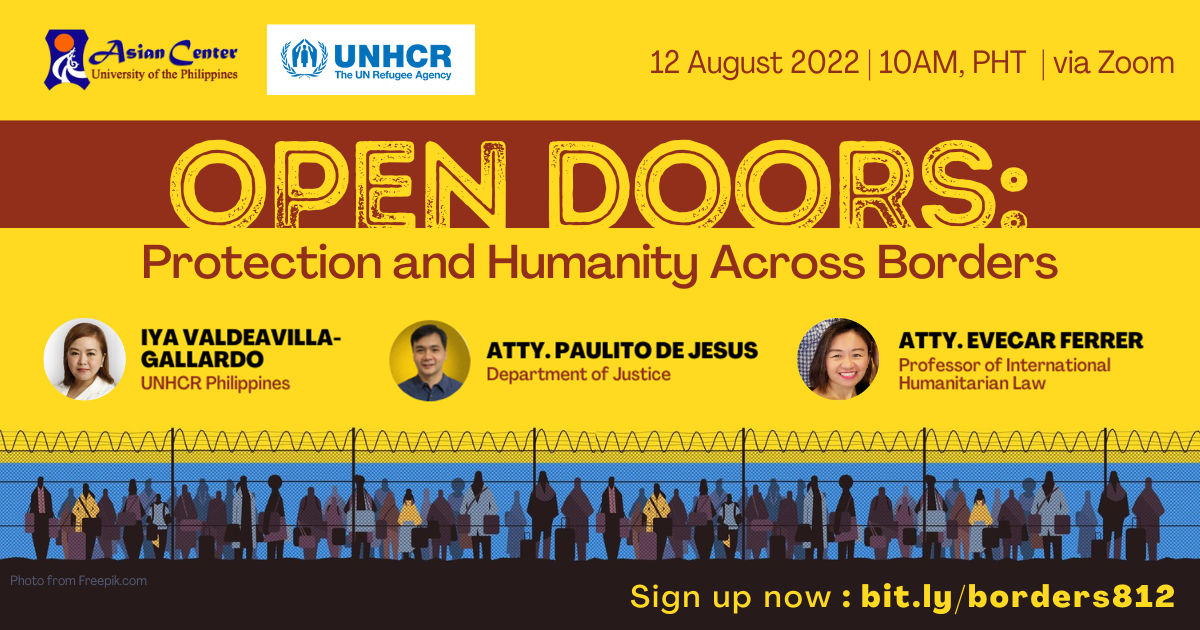
The replay of the webinar, "Debriefing Seminar and Special Lecture on Japanese Politics and Society" held on 22 September 2020 is now available on YouTube.
LECTURES
Beyond Pessimism towards Marginalized Communities: Multiple Local Communities in Rural Japan
Prof. Yoshinori Kasai, PhD, Faculty of Law, Keio University
Existing studies have often described Japan's local communities as marginalized villages and local extinctions. Japan’s aging population and the increasing number of vacant houses and land, especially in rural areas, are current social realities that have depicted rural life with pessimism. On the other hand, many villages have held on without disappearing, raising questions about the validity of studies based on population-assessments alone. These communities not only include those based on local government boundaries, but also those to which residents belong, leading their day-to-day lives and forming networks with other areas as a way of extending the communities.
This presentation deviates from portraying rural communities as typical depopulated areas, and tries to illustrate the multiple communities through a case study of Ritto City in Shiga Prefecture. It argues that rural communities in Japan are not necessarily in a marginalized situation, partly due to the existence of multilayered communities that have emerged since the Meiji period, as well as the enduring rural folklore that has served as a repertoire of sustainability for these communities. The study underscores the significance of doing rural research and life history method in capturing community life and people’s voices.
A Journey to the Deep North: Reflections on Japan
Four graduate students who went on a study tour in Japan early this year will each present their reflections about the trip. They were the winners of the research competition on Japanese Studies that was held on 18 January 2020.
• Calm Before the Storm: Travels in Tokyo in the Time of a Pandemic
Frederik de Jesus
• Finding a Safe Space: Dialogues with UTokyo and JF
Angela Louise Rosario
• Technology and the Arts: Mori Museum Art Exhibit, Metropolitan Tokyo
Paolo Valdez
• Ichi go, ichi e [one time, one meeting] : On the experience of Chado and an informal meeting with the film division of the Japan Foundation in Tokyo
Maria Isabel Tangco
VIEW PROGRAM
ABOUT THE MAIN SPEAKER
Dr. Yoshinori Kasai is a Senior Assistant Professor at the Faculty of Law, Keio University. He is also a part-time lecturer at the Faculty of Sociology in Ryukoku University. His research is based on the life history method. His major works include The Idea and Manners of Conviviality, Basic Seminar Sociology, and Local Community from the Viewpoint of a Case Study on Sagicho. He obtained his Master's and doctorate degree on Media and Governance from Keio University. View full profile.
ABOUT THE STUDY TOUR PARTICIPANTS
• Fredrik de Jesus is a third-year MA in Asian Studies, Major in Northeast Asia Studies (Japan) student at the Asian Center, University of the Philippines. His main research interests include the role of Japanese pop culture in Asian society, as well as the role of Christianity in Southeast and East Asia.
• Angela Louise Rosario recently completed her MA in Japanese Studies, major in Japanese History, last May 2020 at the Ateneo de Manila University. She finished her BA in Communication at the University of the Philippines - Baguio in 2014.
• Paolo Valdez is taking up MS Electrical Engineering at UP Diliman.
• Maria Ysabel Tangco is taking up MA Japanese Studies at the Ateneo de Manila University.
The UP Asian Center offers M.A. degrees in Asian Studies with four fields of specialization: Northeast Asia, Southeast Asia, South Asia, and West Asia. The Center also has an M.A. program in Philippine Studies that allows students to major in Philippine society and culture, Philippine foreign relations, or Philippine development studies. The Center offers a Ph.D. program in Philippine Studies in conjunction with the College of Arts and Letters and the College of Social Sciences and Philosophy. For an overview of these graduate programs, click here. The Asian Center also publishes Asian Studies: Journal of Critical Perspectives on Asia, the latest issue of which can be downloaded at the journal's website. For other news and upcoming events at the Asian Center, click here.






